The TB Eradication Partnership (TBEP), a high level group formed in May 2018 and tasked with giving advice to senior DAERA officials on future bovine TB policy, has recommended that NI follows the Republic of Ireland (ROI) approach to badger control.
Having looked at different models of TB control used elsewhere, the group concluded that the Irish approach to wildlife intervention is likely to have the greatest impact north of the border.
Over the years, the Irish Department of Agriculture has implemented a policy of badger culling in TB breakdown areas which has successfully lowered TB rates in both cattle and badgers.
We believe that this is the most appropriate model for NI, given the broadly similar badger ecology
With the rates down, and more badgers free of the disease, vaccination has become a realistic alternative to culling.
“We believe that this is the most appropriate model for NI, given the broadly similar badger ecology and the evidence that this approach has made a significant contribution to controlling bovine TB within the ROI,” recommends the TBEP report.
Costs
With the NI TB control programme estimated to cost the taxpayer up to £40m/year, the TBEP accepts this is not sustainable and must be reduced. However, the group does not go as far as a DAERA report from 2017, which recommended farmers pay for TB testing and that compensation is capped at £1,800 for pedigree and £1,500 for commercial animals, as well as that the rate is cut by 10% in year one and 25% in year two.
In 2017/2018, a total of 15,711 reactors at a test were removed in NI
Instead, the TBEP recommends that individual animal compensation is initially capped at £5,000 (it will be reduced over time), and that there is a 10% reduction payable on the first five reactors in any 12-month period.
It also recommends that DAERA looks again at salvage value of reactor animals. In 2017/2018, a total of 15,711 reactors at a test were removed in NI. At slaughter these cattle generated income of £4.6m. Excluding around 2,000 cattle that are normally deemed unsuitable for the food chain, it is a value per animal of just over £300.
Johne’s
Other issues explored in the TBEP report include the accuracy of various TB tests, and the possibility that other diseases such as Johne’s could be interfering with results.
“The TBEP believes that the evidence is now sufficient to indicate that DAERA should support or facilitate the control of Johne’s disease within NI,” states the report.
The group also wants DAERA to explore how it might support risk-based trading, which effectively would mean buyers receive information on the TB history of the vendor’s herd.
However, both on this issue, and any potential change to compensation, the TBEP group is clear that DAERA should not move on either until it puts in place a meaningful approach to wildlife intervention.
TBEP has spaces to fill
The TB Eradication Partnership (TBEP) was established in 2018. It is chaired by Sean Hogan, the former chairman of AFBI, and currently has four other members (two each from a farming and veterinary background).
A new public appointments competition will be launched on 12 September
However, during the original public appointment process two places were left unfilled.
“A new public appointments competition will be launched on 12 September to recruit one person from a food processing background and one person from an environmental/conservation background. Applications will close on 27 September,” a DAERA spokesperson confirmed.
Read more
Farmers asked to pay for TB test
NI badger study results to be published
The TB Eradication Partnership (TBEP), a high level group formed in May 2018 and tasked with giving advice to senior DAERA officials on future bovine TB policy, has recommended that NI follows the Republic of Ireland (ROI) approach to badger control.
Having looked at different models of TB control used elsewhere, the group concluded that the Irish approach to wildlife intervention is likely to have the greatest impact north of the border.
Over the years, the Irish Department of Agriculture has implemented a policy of badger culling in TB breakdown areas which has successfully lowered TB rates in both cattle and badgers.
We believe that this is the most appropriate model for NI, given the broadly similar badger ecology
With the rates down, and more badgers free of the disease, vaccination has become a realistic alternative to culling.
“We believe that this is the most appropriate model for NI, given the broadly similar badger ecology and the evidence that this approach has made a significant contribution to controlling bovine TB within the ROI,” recommends the TBEP report.
Costs
With the NI TB control programme estimated to cost the taxpayer up to £40m/year, the TBEP accepts this is not sustainable and must be reduced. However, the group does not go as far as a DAERA report from 2017, which recommended farmers pay for TB testing and that compensation is capped at £1,800 for pedigree and £1,500 for commercial animals, as well as that the rate is cut by 10% in year one and 25% in year two.
In 2017/2018, a total of 15,711 reactors at a test were removed in NI
Instead, the TBEP recommends that individual animal compensation is initially capped at £5,000 (it will be reduced over time), and that there is a 10% reduction payable on the first five reactors in any 12-month period.
It also recommends that DAERA looks again at salvage value of reactor animals. In 2017/2018, a total of 15,711 reactors at a test were removed in NI. At slaughter these cattle generated income of £4.6m. Excluding around 2,000 cattle that are normally deemed unsuitable for the food chain, it is a value per animal of just over £300.
Johne’s
Other issues explored in the TBEP report include the accuracy of various TB tests, and the possibility that other diseases such as Johne’s could be interfering with results.
“The TBEP believes that the evidence is now sufficient to indicate that DAERA should support or facilitate the control of Johne’s disease within NI,” states the report.
The group also wants DAERA to explore how it might support risk-based trading, which effectively would mean buyers receive information on the TB history of the vendor’s herd.
However, both on this issue, and any potential change to compensation, the TBEP group is clear that DAERA should not move on either until it puts in place a meaningful approach to wildlife intervention.
TBEP has spaces to fill
The TB Eradication Partnership (TBEP) was established in 2018. It is chaired by Sean Hogan, the former chairman of AFBI, and currently has four other members (two each from a farming and veterinary background).
A new public appointments competition will be launched on 12 September
However, during the original public appointment process two places were left unfilled.
“A new public appointments competition will be launched on 12 September to recruit one person from a food processing background and one person from an environmental/conservation background. Applications will close on 27 September,” a DAERA spokesperson confirmed.
Read more
Farmers asked to pay for TB test
NI badger study results to be published




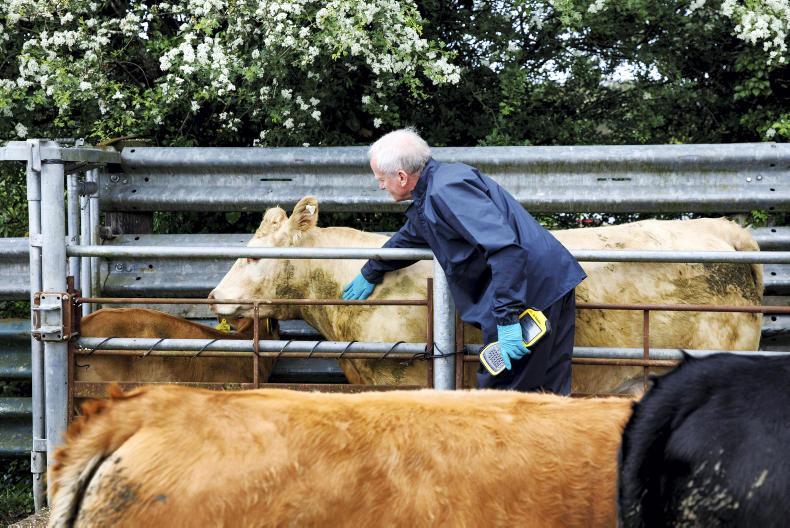
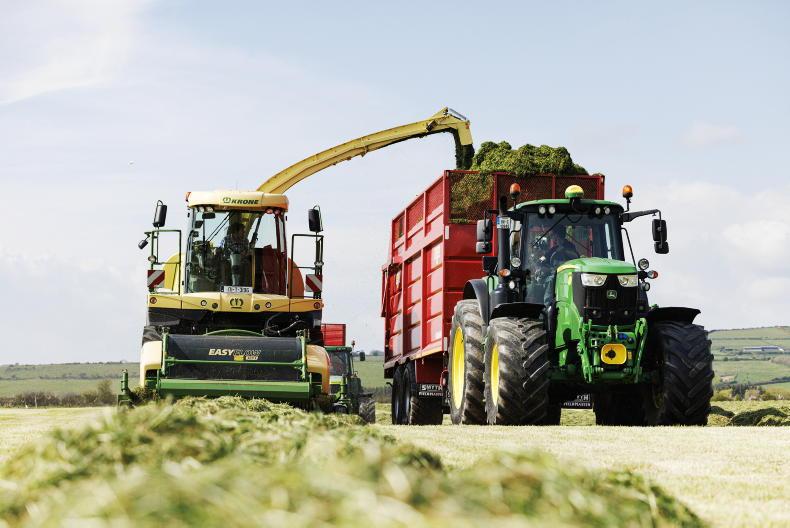
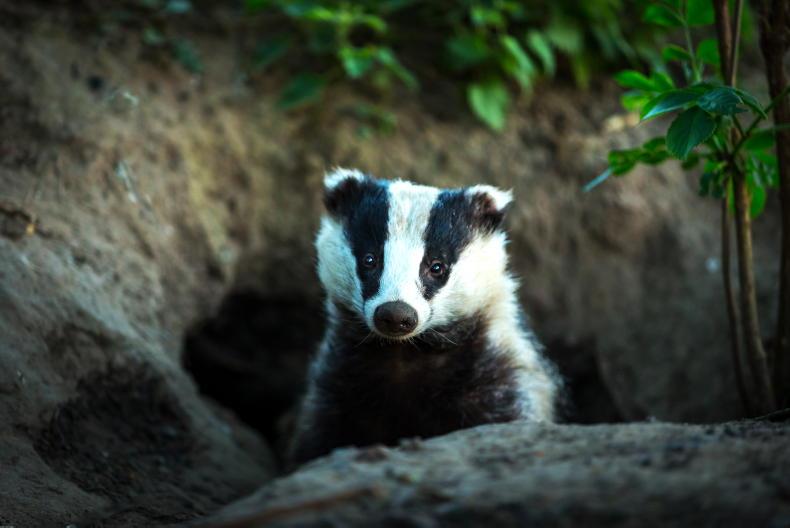
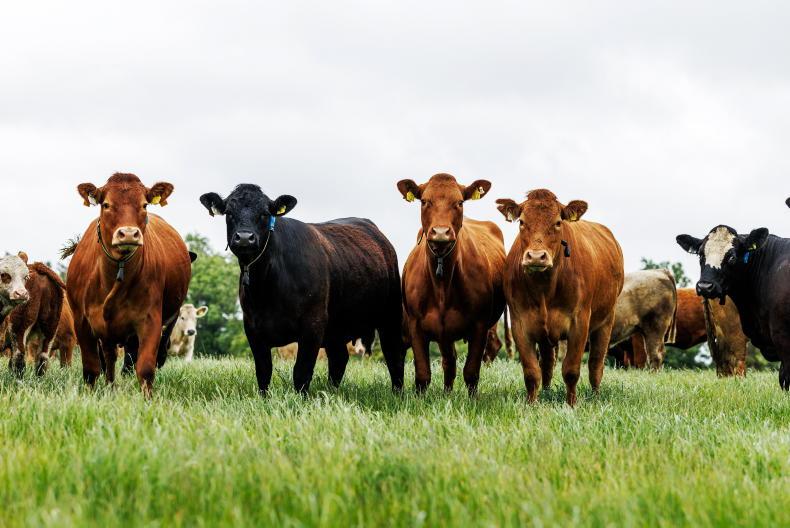
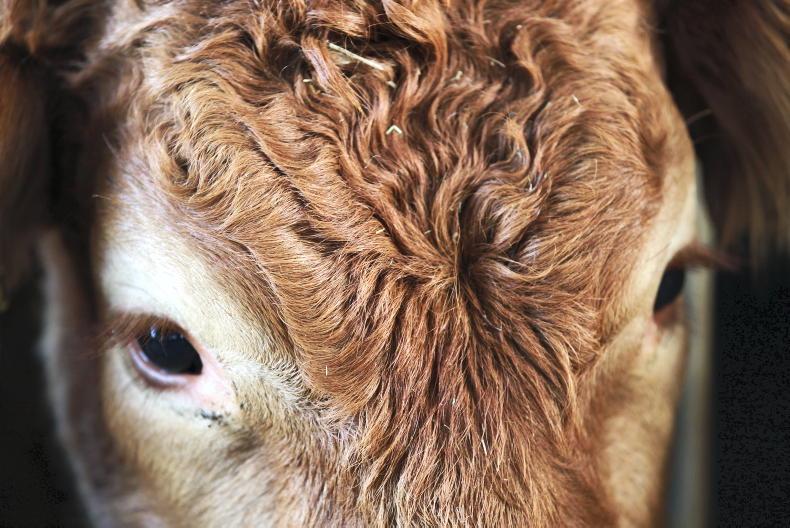
SHARING OPTIONS